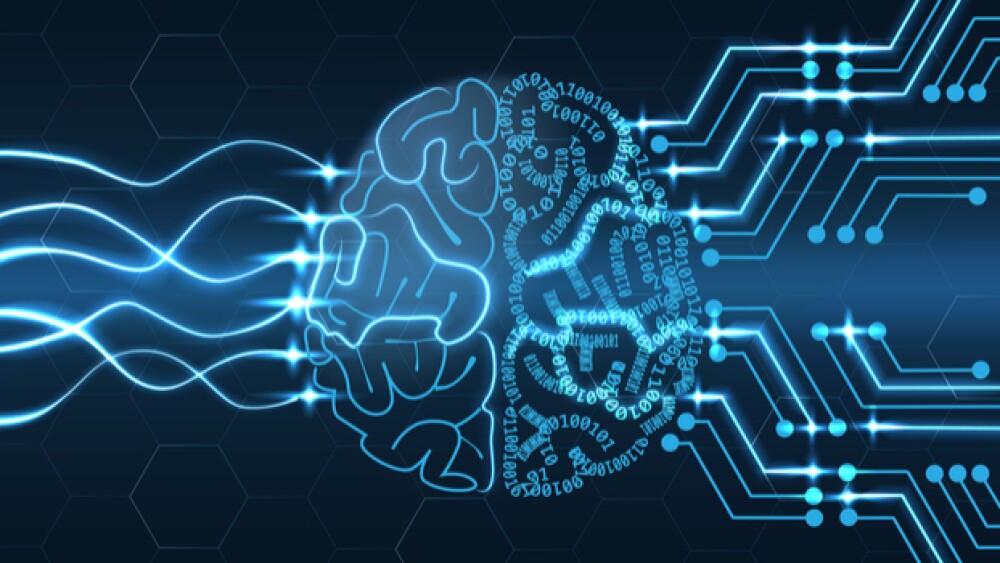With the trillions of antibodies the human body can make, finding the antibody with the right combination of potency against a target and ease of manufacturing is, at best, an arduous, time-intensive endeavor for drug developers. AbCellera Biologics has developed a way to dramatically speed that process.
With the trillions of antibodies the human body can make, finding the antibody with the right combination of potency against a target and ease of manufacturing is, at best, an arduous, time-intensive endeavor for drug developers. AbCellera Biologics Inc. has developed a way to dramatically speed that process.
It is using its proprietary AI system to empower the search. It is mining the diversity of antibodies made by the immune system to find the relatively few that are optimized by nature to be well-suited for drug development. “A human makes trillions of different antibodies, but only a small set binds to the target of interest. Of those, only a few can be developed as drugs,” Carl Hansen, Ph.D., CEO of AbCellera, explained.
Hansen sees AbCellera as a “discovery and innovation shop. We identify the properties of antibodies that make them easy to manufacture and potent.”
In 2012, Hansen spun out AbCellera from his lab at the University of British Columbia, where he had develop a technology for single cell resolution. The technology stack that subsequently was developed accelerates the path between identifying the target and developing a therapeutic molecule.
“We start with accessing a sample,” he said. “We can look through antibody sequences for a wide variety of conditions. Right now, COVID-19 is a topic for human antibody discovery, so we would get a sample from a person who recovered from that disease. That person’s immune system has generated new antibodies that contributed to them defeating the virus.
“Our system identifies those antibodies, using AI to generate hundreds of millions of images per month. Machine learning then deconvolutes their genetic codes to find the patterns that best match the best properties for a drug. Humans can never detect all the patterns there, but an AI algorithm can. If you give it enough data, you can start to get insights that apply to multiple problems,” he said.
“The process isolates specific antibody-secreting cells from a blood sample,” he elaborated. “Those cells are loaded into a microfluidic device with 200,000 miniaturized chambers. Then, with high throughput imaging and machine vision, AbCellera’s technology can detect which cells make antibodies that would be suitable as therapeutics.”
They then can be amplified and prepared for manufacturing.
AbCellera is applying this process to a COVID-19 co-development project with Eli Lilly to develop antibodies for treatments and preventions. “The objective is to go from initial screening to first in human dosing in four months, which will be a record by a factor of three,” Hansen said.
For that project, “Within only three days, AbCellera tested the antibodies in 5.5 million cells, identified 530 unique human antibodies that recognized the COVID-19 virus, sequenced them, and tested them against a battery of tests,” Hansen said.
Then, in 23 days, AbCellera reduced those 530 antibodies to the 24 most viable for development.
In contrast, a traditional hybridoma campaign would spend two to three months to just to identify a handful of antibodies, and that’s before viability is assessed.
AI and machine learning expands the quantity of data that can be screened, analyzing thousands of antibody sequences and corresponding data regarding potency and applicability for drug development that has been accumulated during years of research. “That’s something a human can’t easily do,” he added.
“This type of approach is still very uncommon in the biopharmaceutical industry,” Hansen pointed out. In many ways, AbCellera more closely resembles a technology company than a biotech firm. About one third of its staff are focused on big data and AI. “It’s a big computational effort to connect the findings to users.” Naturally, genomics and computational biology experts also play major roles.
Celium™, AbCellera’s proprietary antibody visualization software, is the heart of its system.
“It brings together data from across the entire pipeline, forming antibodies into networks that enable scientists to identify the best antibodies to move forward,” Maia Smith, lead for the data visualization team, told BioSpace. “Each of the 530 antibodies found have 150 or more parameters that must be assessed, so it takes good, intuitive visual software to recognize their patterns.”
As with any AI endeavor, the output is only as good as the assumptions and the training that supports machine learning. AbCellera’s machine learning software is trained using data sets of real antibodies, each with more than 100 different properties. Because all functions are in-house, the company can quickly validate the algorithms’ output.
AI is a tool, not a panacea, Hansen and Smith agreed. “When using AI, it’s important to ground the problem in the physical world,” Hansen emphasized, and not assume AI will find the best answer. “You have to integrate the lab work with the computational work, and, always, maintain quality.”






